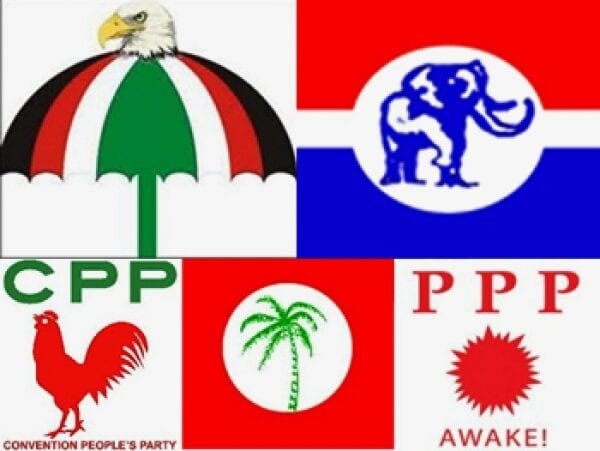The Centre for Democratic Development (CDD-Ghana) and Transparency International are calling for the amendment of the Political Parties Act 2000 (Act 574), advocating for stricter regulation of electoral campaign financing.
They argue that amending the Act is essential to promote transparency, ensure accountability, and curb the growing influence of illicit funds in Ghana’s political process.
Concerns over how political parties are financed have persisted for years, with civil society organizations repeatedly pushing for legal reforms.
A study by CDD-Ghana estimates that a presidential candidate requires as much as US$100 million to mount a viable campaign, while parliamentary candidates need approximately GHS 4 million. These hefty costs, critics say, open the door to questionable funding sources and fuel practices such as vote buying.
To address these challenges, Executive Director of the Africa Centre for International Law and Accountability (ACILA), William Nyarko, is calling for a comprehensive overhaul of the existing law. He advocates for the establishment of defined campaign periods and the mandatory disclosure of campaign contributions and expenditures.
“Political parties and their candidates play very important roles in our democracy,” he said. “It is important we regulate how they’re financed. Our current framework, anchored in the Constitution and the Political Parties Act is outdated and full of gaps. Without a defined campaign period, politicians begin campaigning immediately after elections, which further inflates the cost of politics.”
Director of Strategy and Research at the Office of the Special Prosecutor (OSP), Samuel Appiah Darko, revealed that the OSP is also reviewing the current sanctions regime surrounding corruption-related offenses.
He questioned the dual role of the Electoral Commission as both regulator and referee and called for the creation of an independent political finance audit body.
“We were thinking that is it possible that we could have somewhere within architecture where any donation will require that a tax is paid on similar to like a gift,” he noted. “It’s time for us to really look at the punishment for corruption.”
Echoing the call for reform, Deputy Chair of the Electoral Commission in charge of Corporate Services, Dr. Bossman Asare, stressed the importance of compliance.
He noted that the EC has established a compliance unit within its legal department to monitor adherence to the Political Parties Act and the Constitution.
“We intend introducing a new Constitutional Instrument (CI), which will be more stringent than what we currently have, so that we can get the best from the political parties,” Dr Asare said.
The growing chorus for reform reflects a wider national demand for fairness, peace, and integrity in Ghana’s democratic system.







